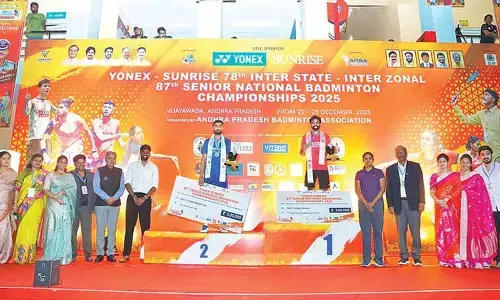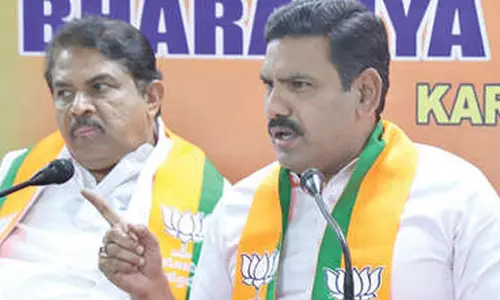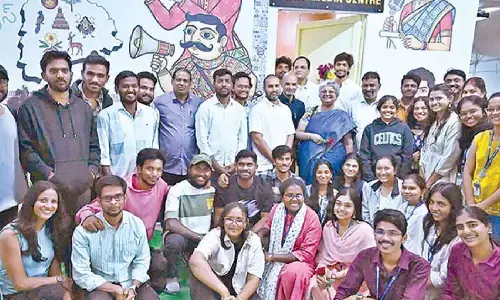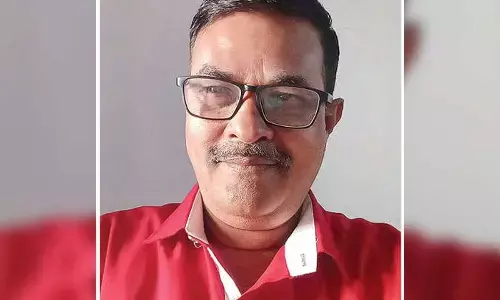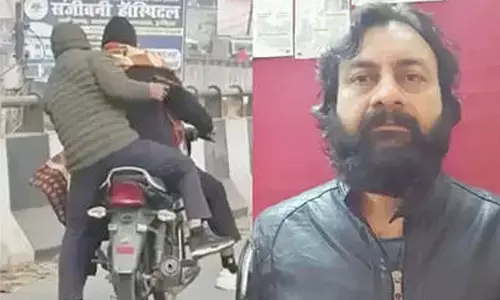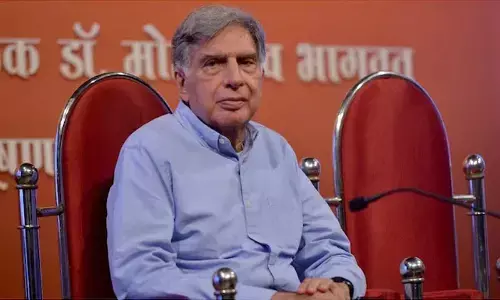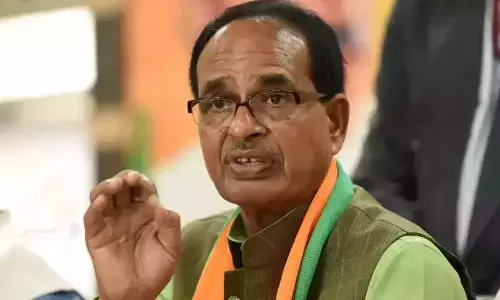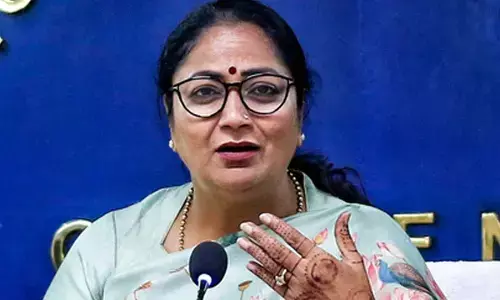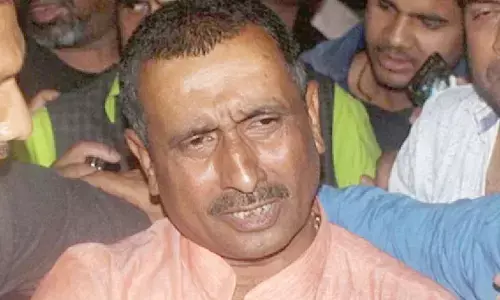Peace has always been fragile in Kashmir
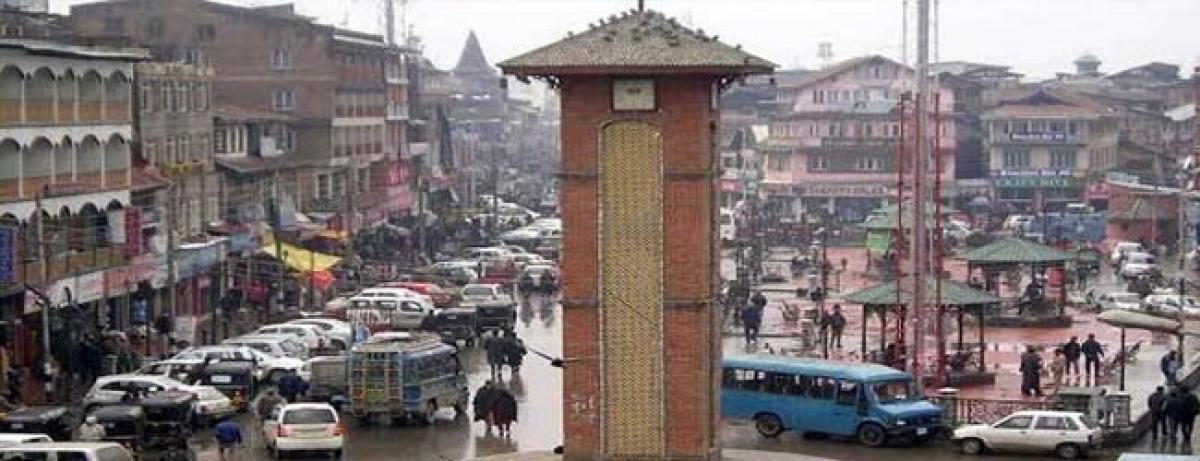
Traffic jams, children jostling to get into buses to reach schools, shops opening ahead of time, people in a hurry to go to work... Normalcy returned to Srinagar on Monday after five troubled days.
Srinagar: Traffic jams, children jostling to get into buses to reach schools, shops opening ahead of time, people in a hurry to go to work... Normalcy returned to Srinagar on Monday after five troubled days.
After days of official restrictions and separatist-called shutdowns, tourists were again seen at the Mughal Gardens and the scenic Dal Lake and on their way to tourist spots such as Gulmarg, Sonamarg and Pahalgam.
Peace has always been fragile in Kashmir.
A whiff of a scandal, a rumour of molestation, a true or false report of rights abuse, the killing of a Kashmiri militant or even a roadside row between a paramilitary trooper and a pedestrian has been enough to throw everything out of gear.
What starts apparently as a one-off incident is enough to derail peace in the Kashmir Valley for days or weeks and, at times, months.
Innocent lives are always lost during clashes between the security forces and protesters.
Stone pelting has become a menace the security forces are still unable to tackle without endangering their own lives and those attacking them.
People have died in Kashmir because of rubber bullets and 'pellet gunshot' wounds. The latter have the potential to even caused blindness.
Tear smoke shells, otherwise believed to be a safe way of crowd dispersal, have hit unsuspecting teenagers and youths, at times killing them during crowd control operations.
While the security forces have to ensure that the standard operating procedure (SOP) is followed while dealing with unarmed protesters, many demonstrators think that attacking army camps and installations are a genuine form of protest.
"The army is neither physically trained for control crowd operations nor are the soldiers mentally conditioned to handle trespassers into camps with batons or rubber bullets," admitted a senior army officer.
Excesses by paramilitary troopers and policemen have to be dealt with firmly so that they remain aware of the difference between an armed militant and a civilian out on the street.
The greatest challenge faced by the Mehbooba Mufti-led government is to retrieve credibility -- both in the Muslim-dominated Valley and elsewhere in the state.
Rumours, insinuations and mischief thrive best in situations of mistrust between people and the government.
The confidence building between the government and the common man cannot be done at the administrative level alone.
People who get elected to the assembly have to ensure that their visits for seeking votes do not become a six-yearly ritual.
Ministers in Jammu and Kashmir tend to get insulated from the people for security reasons.
It is an open truth that ministers in the Kashmir Valley visit their constituencies ceremonially with such security paraphernalia that it barricades them from their voters.
The result is that official statements during a law and order crisis even when backed by ministers is suspect in the public eye.
After two years, Kashmir was expecting a good tourist season when trouble erupted in Handwara.
Five civilians ended up getting killed in the town in north Kashmir by security forces during demonstrations sparked by the alleged molestation of a girl by a soldier -- a charge the girl has now denied.
One of the five was a budding cricketer, Nayeem Bhat. Whatever the truth in the girl's story, he and the other four will never return to their families.








